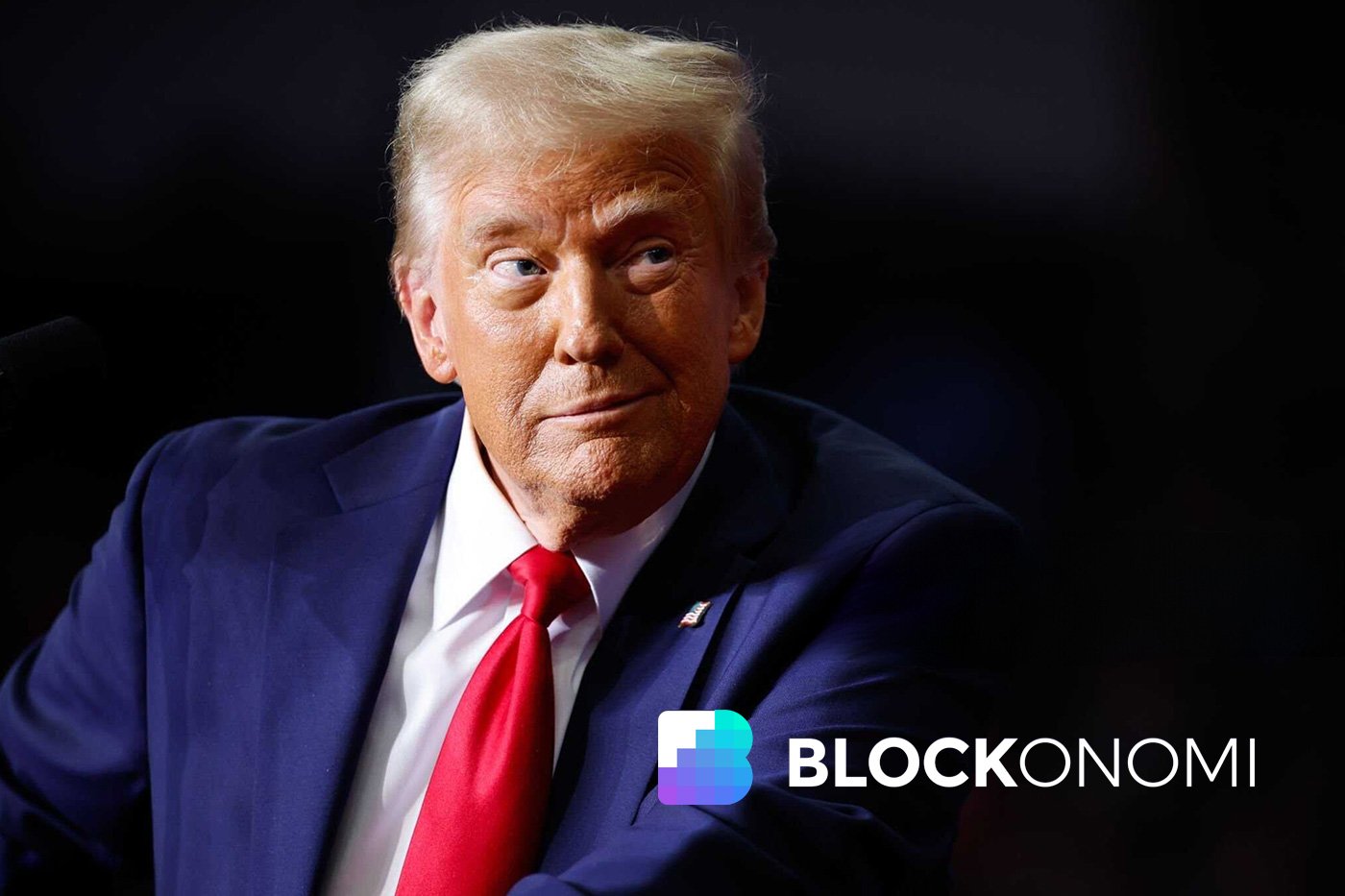
Tokenized Land Rights and the Future of Gaza
The Trump administration’s reported post-war Gaza redevelopment plan has sparked significant discussion and debate. This ambitious proposal outlines a U.S.-led trusteeship over Gaza for a period of ten years, aiming to transform the region into a hub of smart cities, luxury resorts, and technological innovation.
Blockchain Tokenized Land Ownership
A central component of the proposed plan is the introduction of blockchain-based tokens to represent property rights for Palestinian landowners. These tokens, stored on decentralized ledgers, could be traded or redeemed for housing. Proponents argue that this represents a modernized approach to real estate and could help attract substantial foreign investment. Some estimates suggest over $300 billion in assets could be generated through these mega-development projects, promising lucrative returns within a decade.
Relocation Incentives for Gaza Residents
The plan also includes relocation incentives designed to provide financial support to residents. These incentives reportedly offer $5,000 in cash, four years of rent subsidies, and one year of food assistance. Supporters claim that relocation benefits could slash long-term costs by approximately $23,000 per person when compared to maintaining secure zones in the region.
Challenges: Legal, Diplomatic, and Humanitarian
Despite its bold vision, the proposal raises significant concerns. Legal experts warn that tokenized land ownership may not align with international law, especially around property rights. Additionally, critics question the voluntary nature of the relocation incentives, with some humanitarian groups suggesting that these efforts may constitute a disguised form of displacement. Furthermore, the initiative faces diplomatic hurdles, as no major Arab states have endorsed the plan, and its implementation heavily relies on political stability.
A Vision of Modernization or a Human Rights Issue?
While the potential for transforming Gaza into a modern urban and economic zone is evident, the risks and challenges cannot be ignored. Planners envision the construction of electric vehicle factories, data centers, and cutting-edge resorts to draw international investors. However, without regional approval and a clear path to addressing humanitarian concerns, the success of this proposal remains uncertain.
Suggested Product: Understanding Blockchain Technology
For those interested in learning more about blockchain and tokenization in real estate, consider “Blockchain Revolution” by Don Tapscott. This comprehensive guide explains the potential of blockchain technology to transform industries, including real estate markets.
Stay tuned for further updates on this controversial yet innovative plan, as discussions continue among global stakeholders.






